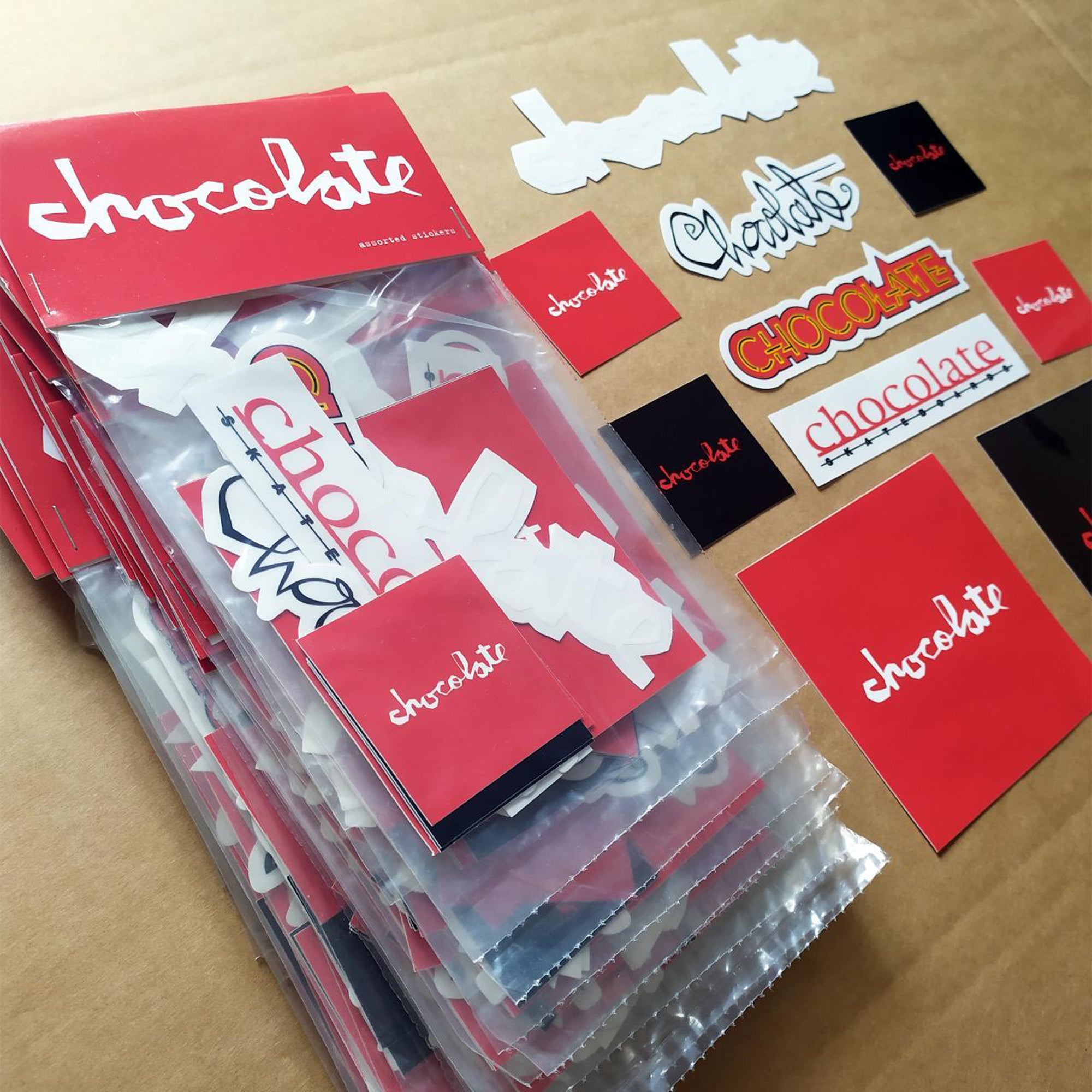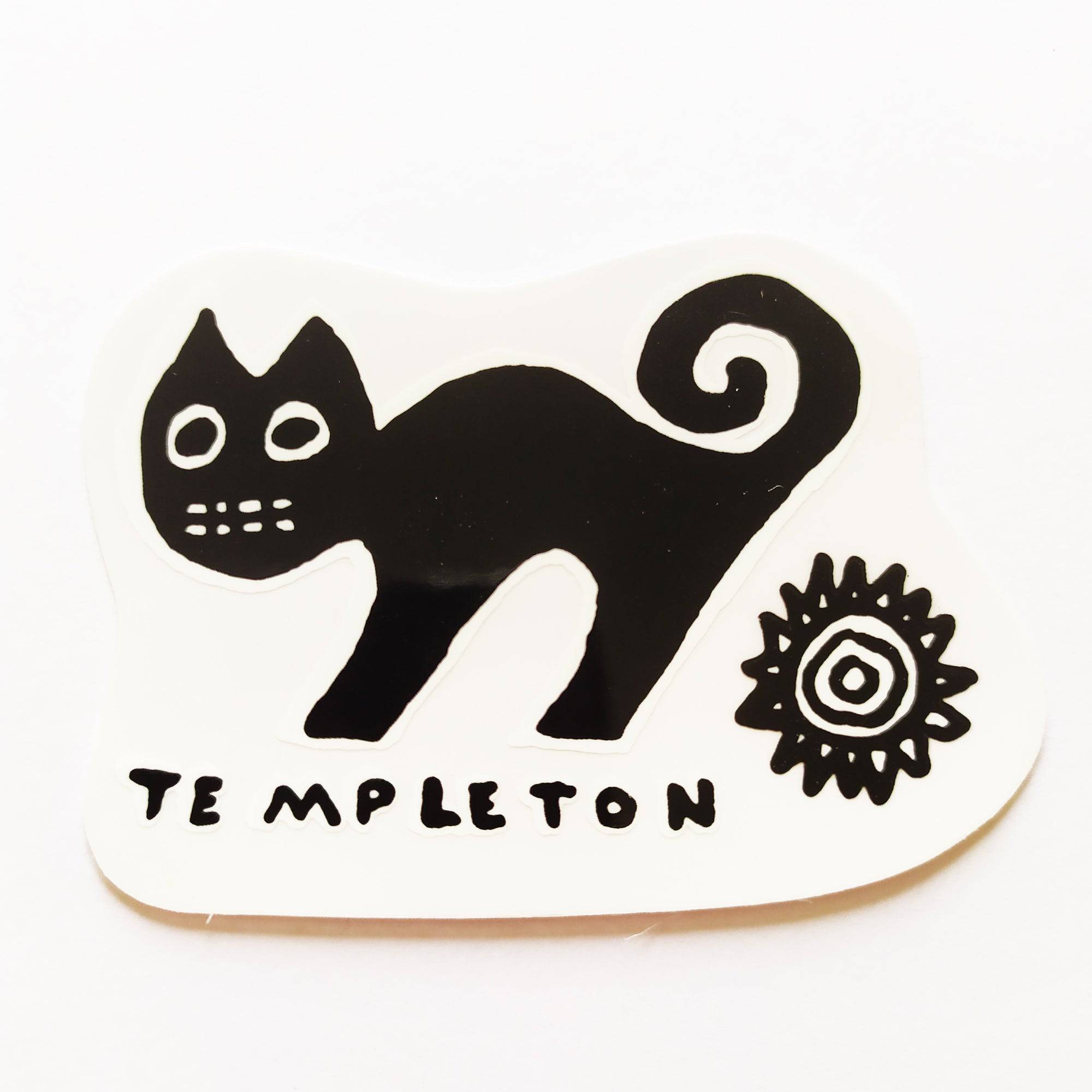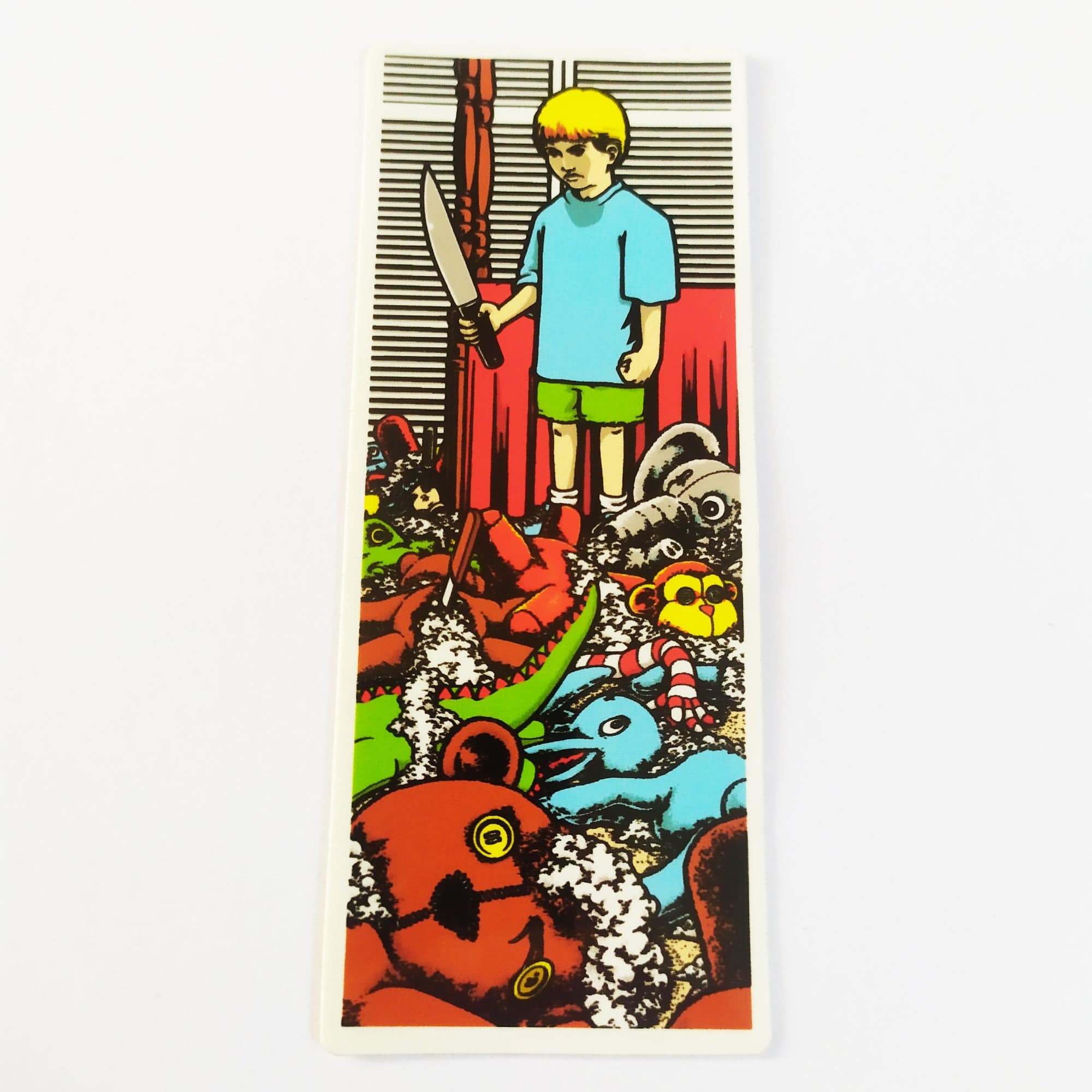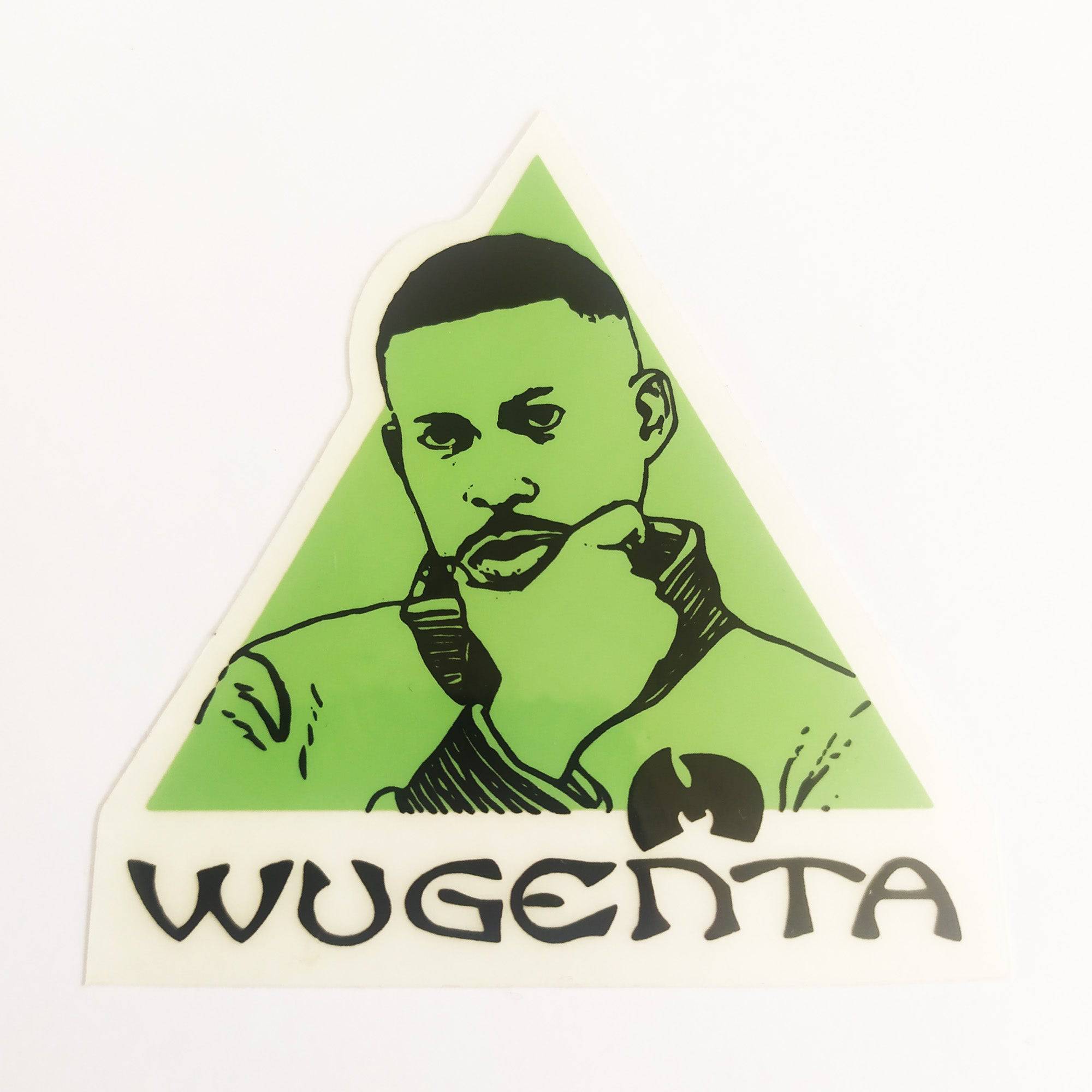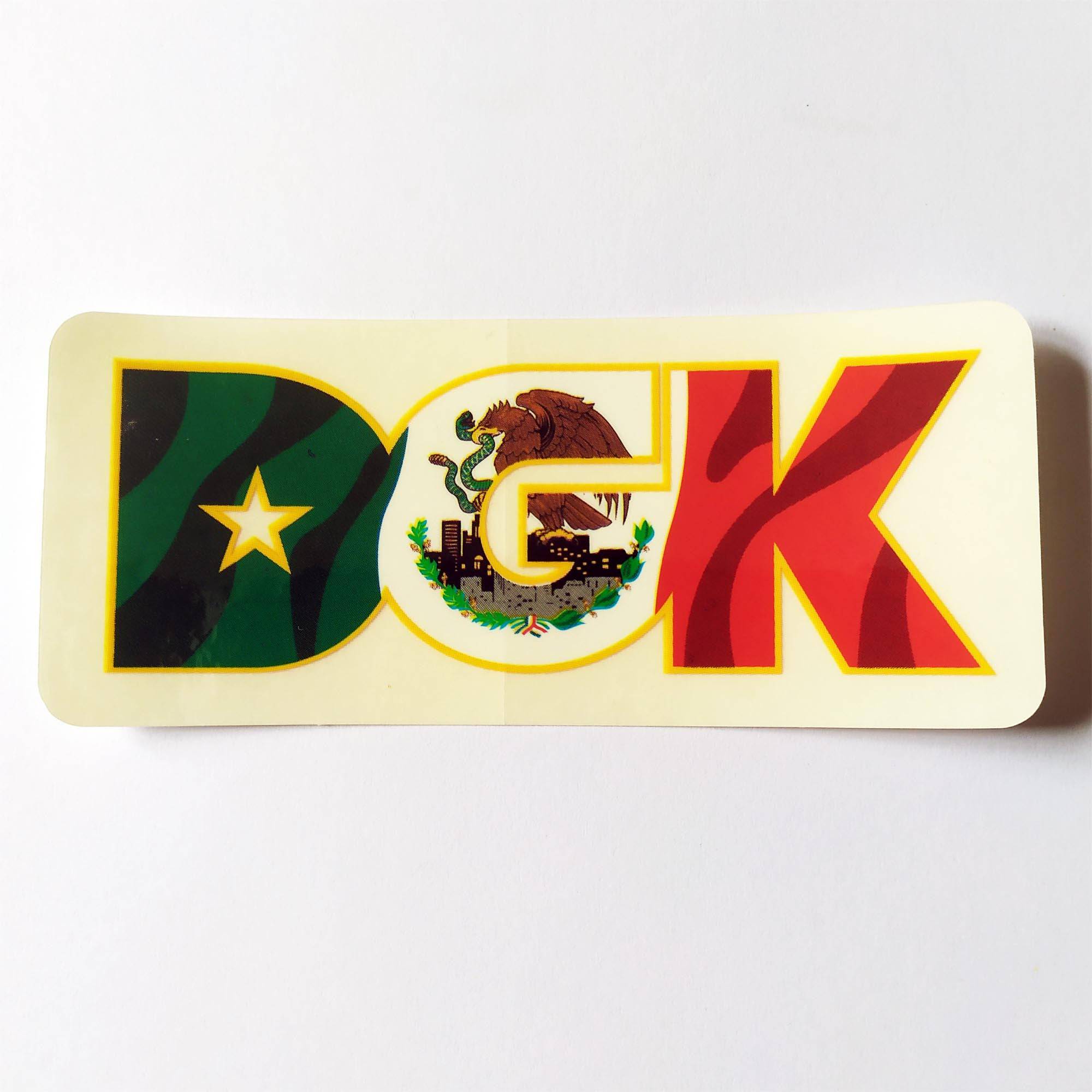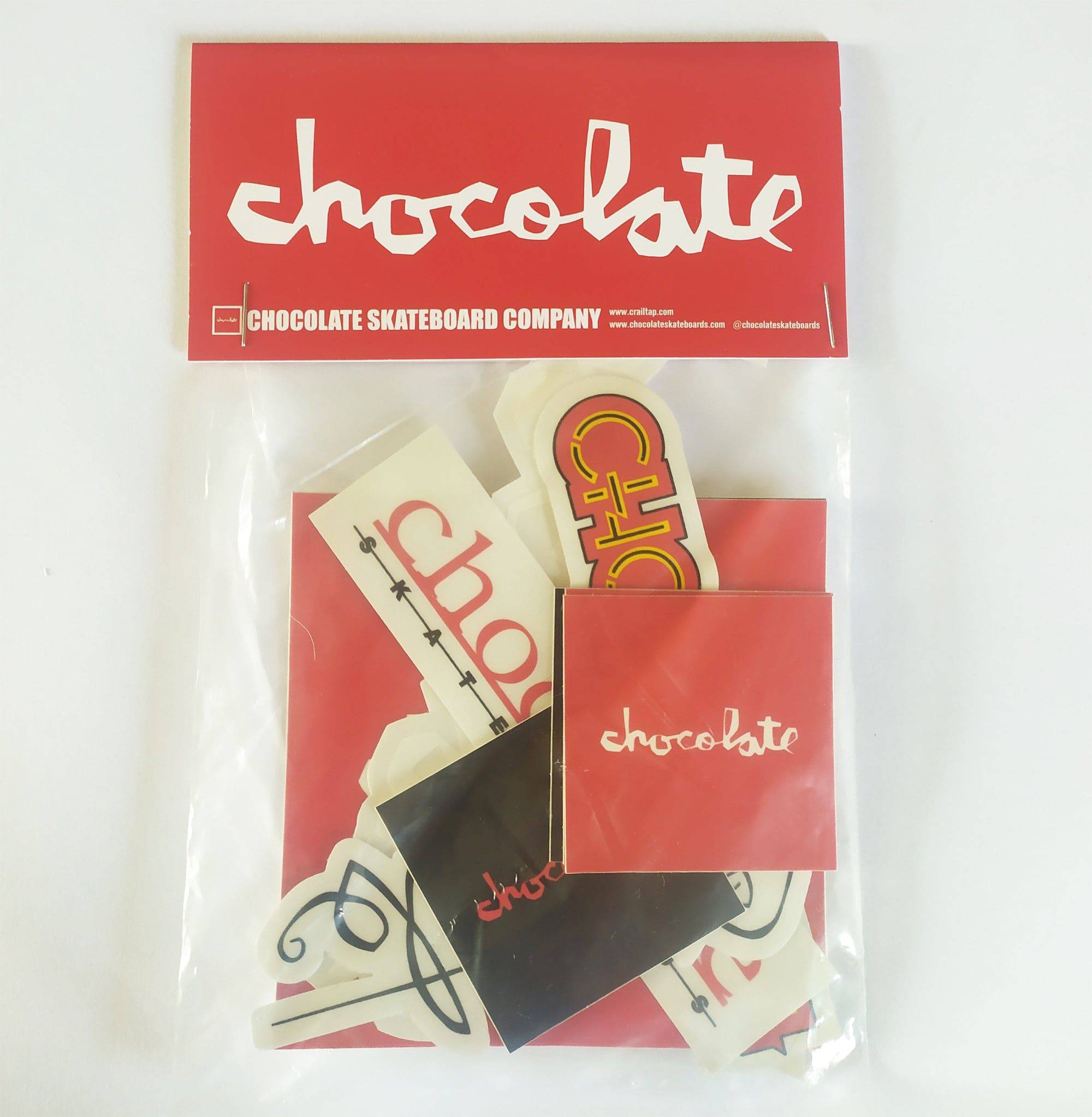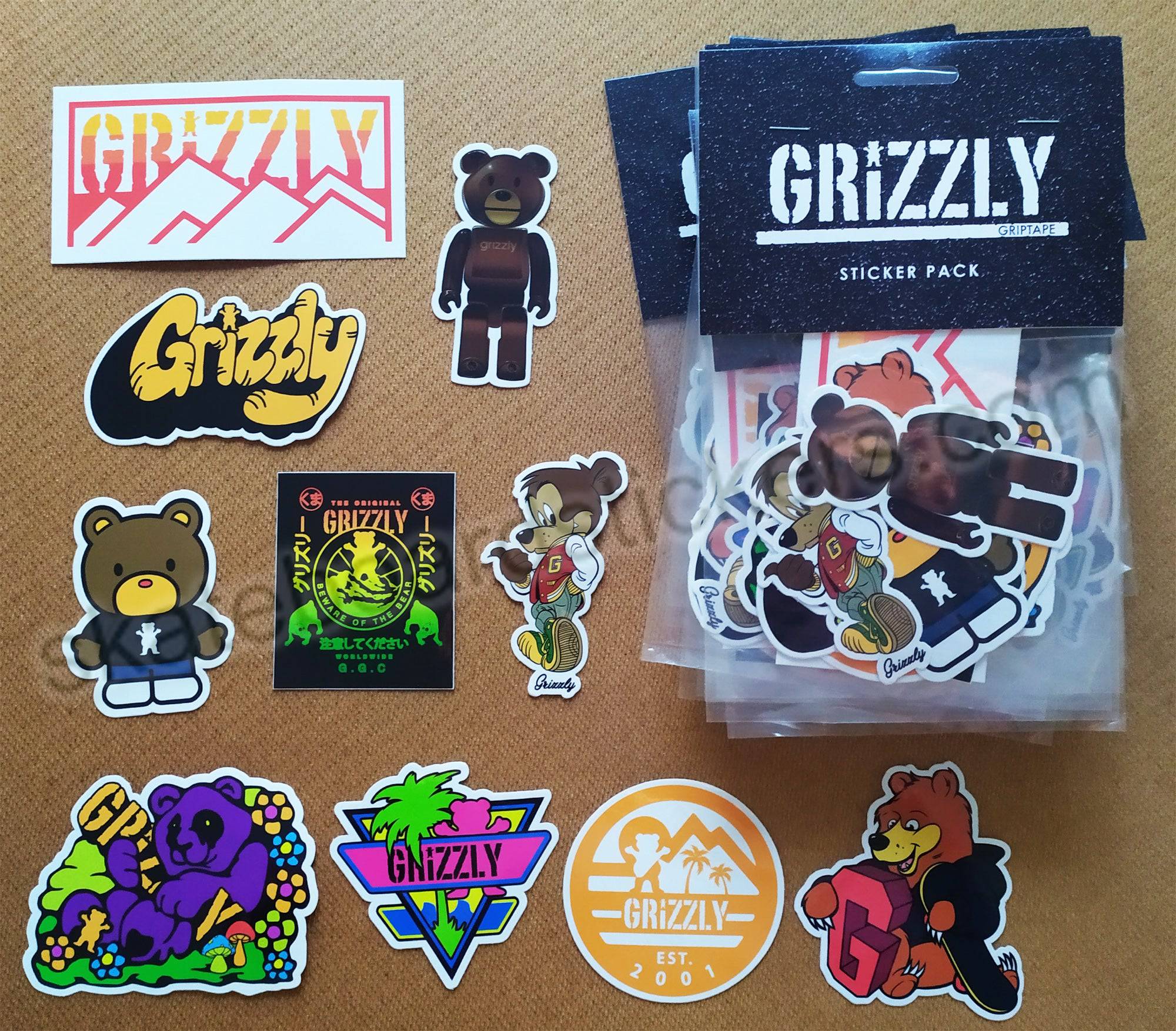- Latest Arrivals / All Stickers
- Collections
- Packs/Bundles
- BMX
- Other Items
- Shipping
- About
-
Recently viewed
You have no recently viewed items.
Your cart is empty
Looks like you haven't added anything to your cart yet
About Acme Skateboards
🛹 The Rise, Rebellion, and Legacy of Acme Skateboards
In the gritty, DIY spirit of skateboarding’s golden age, few brands embodied rebellion quite like Acme Skateboards. Founded in 1991 by Jim Gray, a former pro skater for Blockhead Skateboards, Acme wasn’t just another deck company—it was a full-blown movement against the corporate tide that was sweeping through the skate industry.
🚀 Origins: Born to Break the Mold
Acme Skateboards launched in Southern California, the heartland of skate culture. Jim Gray, already a respected figure in the scene, envisioned a brand that would prioritize authenticity, creativity, and manufacturing integrity over flashy marketing and celebrity endorsements. From the start, Acme was about skaters making boards for skaters, not marketers selling dreams.
One of their earliest innovations was the “Your Pro Model” concept—allowing skaters to sign their own boards and have a personalized model, poking fun at the oversaturation of pro models in the market.
🎨 Notable Achievements: Mocking the Status Quo
Acme quickly became known for its irreverent advertising, often mocking the industry's obsession with image and conformity. They took over prime ad real estate in Transworld Skateboarding Magazine, turning black-and-white pages into vibrant color spreads and transforming the magazine’s visual identity in the process.
They also built their own manufacturing facility in 1995—an unprecedented move for a skater-run brand. With 24 presses, they could produce nearly 800 boards in a single shift. This made Acme one of the few companies that actually manufactured their own decks, rather than outsourcing.
🧑🎤 Sponsorships and Team Culture
Unlike many brands that focused solely on street skating, Acme sponsored riders across all disciplines—street, pool, bowl, and ditch skating—at a time when diversity in skating styles was often overlooked. They celebrated contest results and supported skaters who competed, even as other brands downplayed contests in favor of video fame.
Their team was eclectic and passionate, and while they didn’t chase big-name pros, they cultivated a tight-knit crew that reflected their values: skate everything, break the rules, and have fun doing it.
📼 Media and Videos
Acme produced several skate videos, including Hakkuh in 1997, which showcased a wide range of skating styles. At a time when street skating dominated the media, Acme’s inclusive approach was a breath of fresh air.
🏭 Transition and Challenges
From 1998 to 2008, Acme shifted focus to manufacturing decks for other companies, including Birdhouse and Alien Workshop. This pivot kept their factory alive and their employees paid, thanks in large part to support from industry allies like Chris Carter of Alien Workshop.
But the rise of overseas manufacturing—particularly unlabelled Chinese imports—posed a major challenge. Jim Gray led efforts to hold companies accountable for misleading labeling practices, but the industry largely turned a blind eye.
🧭 Where Are They Now?
While Acme as a brand faded from the spotlight, its legacy lives on. Jim Gray remains active in the skateboarding world, and Acme is remembered as a trailblazer that dared to challenge norms and put skaters first. The brand’s influence is still felt in the ethos of independent skate companies today.
Acme Skateboards may no longer be pressing decks at full speed, but their story is etched into the concrete of skateboarding history—a reminder that authenticity, creativity, and rebellion will always have a place in skate culture.
Acme Skateboards - The Acme Skateboard Video (1992) FULL
100% Official/Genuine Skateboard Stickers!
101 - Ace Trucks - Alien Workshop - Almost - Andale - Antihero - Birdhouse - Blind - Bones Bearings - Bones Wheels - Chocolate - Creature - DC Shoe Co. - DGK - Doomsayers - Darkroom - Enjoi - Girl - Grizzly - Independent - Krooked - Lakai - Magenta - New Deal - OJ Wheels - Paisley Skates - Polar - Ripndip - Royal Trucks - Santa Cruz - Sour Solution - Spitfire - StrangeLove - Thank You - Theories of Atlantis - Thrasher - Welcome - WKND - Zoo York
Daily Skate Clips - Pro Skater Profiles - Skate Brand Profiles
- Choosing a selection results in a full page refresh.
